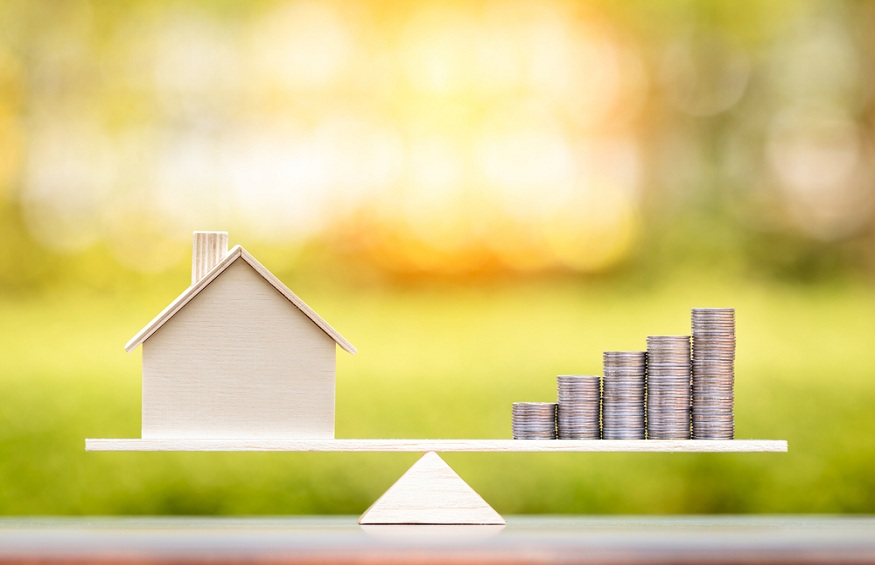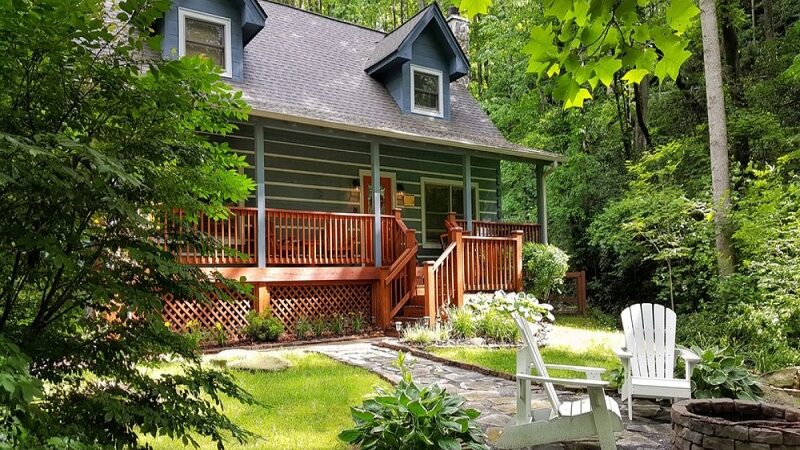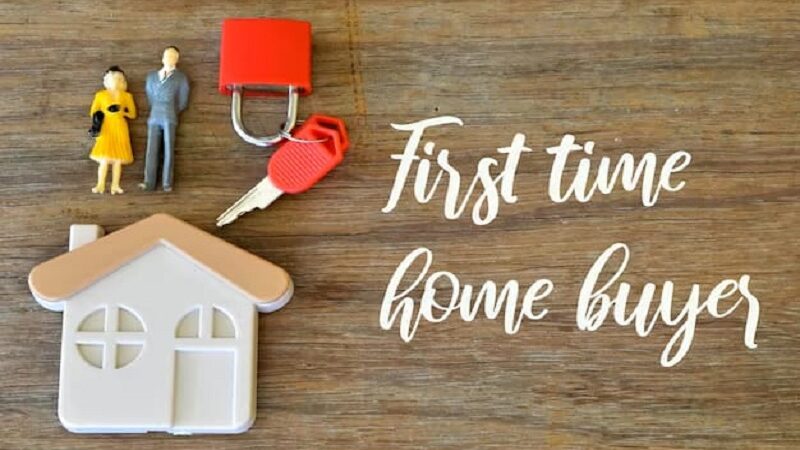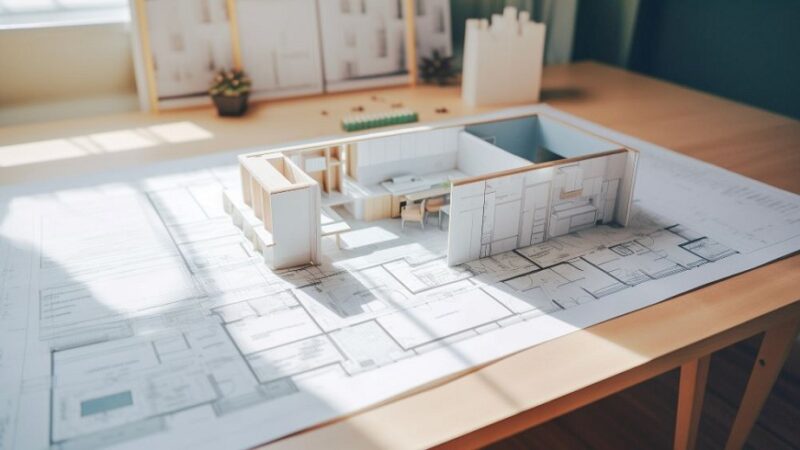Selling Second Homes and Vacation Properties – What to Know

There is no denying that right now is a great time to sell property. Recent data reports that, nationwide, the average home seller made $94,000 in profits. That is no small figure, and it is a figure that has only been rising in recent years. For one thing, it’s up 45% from 2020 and up an astonishing 71% compared to 2019.
However, if you are selling a second home or a vacation property, then, unfortunately, the situation is not quite so rosy. However, this isn’t because of any adverse market trend that has seen profits from second homes plummet or anything of the sort. Rather, what second home sellers are up against is an age-old foe – capital gains tax. Those selling second homes or vacation properties might well look enviously at those selling their primary residencies, who more or less bank all their profits. This is sadly not the case for second home sellers.
Tax on Second Homes
City Home Collective, a real estate brokerage in Salt Lake City specializing in luxury homes and condos (a typical property type for second homes), advise that second home sellers remain aware of the capital gains taxes that unfortunately apply to profit made on the sale of second homes. Secondary residences are taxed differently from primary ones (and that is a specific legal designation of the property that you must declare). With sales of primary residencies, capital gains tax can be excluded (at least up to a certain point), but this is not the case with secondary residencies. Furthermore, those taxes can be quite hefty.
However, all is not lost – but you are going to have to plan ahead. You can ameliorate the damage with some knowledge of how profits on secondary homes are taxed – as well as some judicious forethought.
What to Know About Capital Gains Tax
Capital gains taxes are levied on any asset that has been held for over a year (meaning you might want to sell quickly if you have just purchased a second home and were not aware of this). They are paid on the profit you make from the sale, not actually the sale price. Bear in mind however that you can subtract any improvement or transfer costs.
Capital gains tax is income-based. However, for most people in the position to be buying and selling homes, this usually works out at 15%. In terms of money, this is about $7500 for every $50,000 made in profit. Such a tax is levied on all second home sales, so the first thing is to be aware of it and to understand it.
What Can You Do?
Now for the good news. There are actually a couple of methods of damage limitation here, but you will need to plan.
One method is actually quite simple (though not easy). To become exempt from capital gains tax, you can make your secondary residence a primary one. To achieve this in the eyes of the law, you will need to have lived in it for at least two of the last five years. These years do not have to be consecutive. Manage to do that, and no more capital gains tax.
Another way to go about it is to wait until you retire before selling the property. As mentioned, capital gains tax is income based, so having a significantly reduced income in retirement will slash the capital gains tax.
As you can see, both methods require time and a modicum of patience. This might not suit your situation at all – but to be forewarned is to be forearmed.







